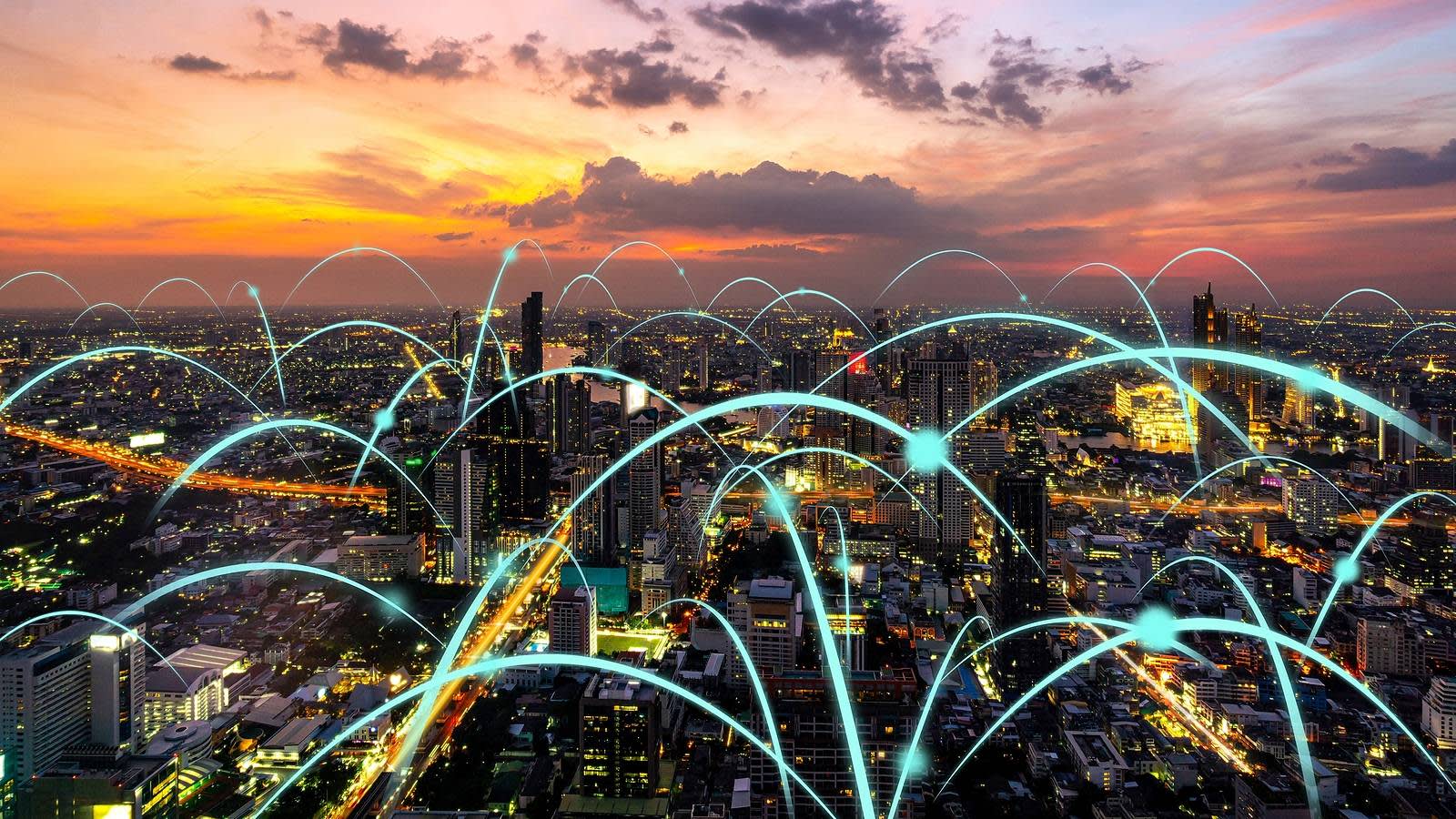Why smart meters are the foundation of a flexible grid
As the energy industry transforms to become less reliant on fossil fuels and to create a more flexible grid, smart meters will play an increasingly important and visible role.
The move towards a low-carbon, flexible electricity system is crucial for the UK to reach its environmental targets, but creates challenges for the industry around balancing demand and grid stability.
Smart meters are key to overcoming these challenges and driving transformation on a nation-wide scale. The transition to a smarter grid, however, doesn’t just present challenges, but also numerous opportunities for businesses to become both more energy and cost efficient.

The race to decarbonise
As the IPCC has noted in its latest “code red for humanity” report into climate change, reducing greenhouse gas (GHG) emissions remains an urgent priority.
Energy, which accounts for over 73% of GHGs globally, is a clear area of focus. In the UK, where electricity is responsible for around 17% of emissions, the electricity generation industry is embracing bioenergy, solar, and wind in an effort to decarbonise.
Politicians are putting the pressure on too. Ahead of COP26, PM Boris Johnson announced that all of Britain’s electricity will come from renewable sources by 2035.
Challenges to overcome
The direction of travel may be clear, but that doesn’t mean there aren’t obstacles to overcome.
Electricity from renewables, such as solar and wind, is intermittent, meaning the country often still relies on fossil fuels until longer-term solutions – particularly those related to storage – are more widespread.
At the same time, demand for electricity is set to increase in the years ahead. The growing adoption of electric vehicles (EVs) and the need to switch more households from gas to electricity-powered heating, for example, mean supply and demand will have to be carefully managed as the system evolves.
A smart revolution is underway
Making the grid smarter and more flexible is one way to ensure the UK’s energy system can adapt to the changes taking place.
By helping the electricity industry to better communicate with businesses and consumers on a frequent basis, for example, electricity can be generated, distributed and supplied when and where it is needed more effectively.
Smart meters have a significant role to play in making this a reality. Once installed, the data they provide helps the grid to predict peaks and troughs in demand and match it more effectively to the available supply.
In turn, this can reduce waste and boost decarbonisation efforts. Suppliers can alert electricity consumers to spikes in demand and prices, helping businesses save money by avoiding peak charges.
The reverse is also possible. Suppliers can set cheaper tariffs or even pay incentives for when demand is low or supply outweighs demand and electricity must be absorbed from the system.
Such flexibility is key to ensuring the grid remains stable and reliable as more intermittent renewable sources come online.
As the grid becomes smarter, there’s the long-term potential to automate connected technologies, from EVs to buildings’ aircon and lights, to use energy in a way that helps balance supply and demand at scale.
Big benefits for business
As well as helping to modernise the grid now, smart meters offer opportunities for businesses.
First and foremost, they enable companies to take control of their energy usage by replacing estimated bills with accurate ones. This means you only pay for what you use.
The ability to track energy consumption more accurately also means you can change how much you use. Machinery and appliances can be used at a time of day when it’s cheaper to do so and turned off when not in use at all, for example. The associated cost savings can be significant and in the long-term this flexibility could even be automated.
Smart meters can also encourage firms to install other smart technologies. From heat pumps and solar panels to EV fleets, the potential to improve efficiency while curbing emissions is increasing all the time.
Get smart about your energy
A growing number of firms – over 1.5 million small businesses at the end of June 2021 – have now installed smart meters.
For businesses yet make the switch, changing how they measure the energy they use may feel like another job to add to an already long to-do list. But the advantages, not least potential cost savings and efficiency gains, are significant.
Get in touch with Drax to see if you’re eligible for a smart meter.
Register today